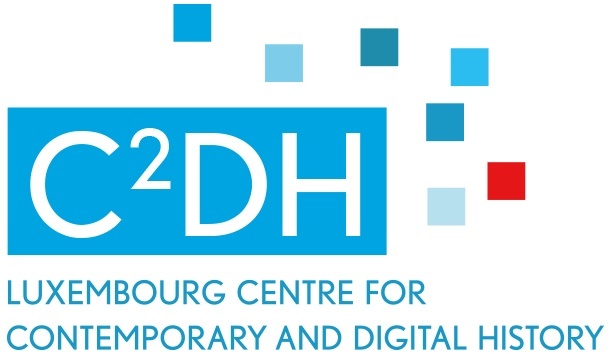
Speaker: Jakub Mlynář, Malach Center for Visual History, Charles University
28 May 2019⎹ 10.00⎹ C²DH Lounge, MSH 4th floor

Oral history can be defined as collecting the “memories and personal commentaries of historical significance through recorded interviews” (Ritchie 2015: 1). It is a sufficiently theorized and interdisciplinary field. Throughout its history of 70 years, the discipline has undergone several transformations. The uncritical understanding of oral history interview as a simple way of uncovering “truth” about “the past” is no longer universally accepted, and researchers acknowledge that the interviews unfold in a specific time and place, between particular people. Among the most profound changes in contemporary oral history research has been the advent of digital technologies. The digital turn leads to growing number of online oral history databases, resulting from “process-oriented” oral history projects (i.e., life story interviews conducted without specific research questions). Large amounts of such data have been deposited in archives, available not only for secondary analysis by researchers who did not participate in the initial data collection, but also for other social actors like teachers, educators, and documentarists. The lecture Sociological Aspects of Oral History in the Digital Age is going to provide theoretical foundations for the follow-up workshop focused on one of the largest digital archives of oral history: the USC Shoah Foundation’s Visual History Archive (https://sfi.usc.edu). This digital database consists of more than 54,500 audio-visual recordings of oral history interviews. The majority of the interviews were collected between 1994 and 2000, mainly in the USA and Europe. Most of the interviews (nearly 50%) are in English, but more than 35 other languages are also represented in the Visual History Archive. Over 150 interviews from the Archive are related to Luxembourg. During the workshop, combining theory and praxis, we will focus on secondary analysis of archival interviews, discussion of their role in contemporary society, as well as interpretive issues in secondary use of archived oral history. In the introductory lecture, we will consider oral history more generally as a social phenomenon, and archived oral history interviews as social semiotic objects.


